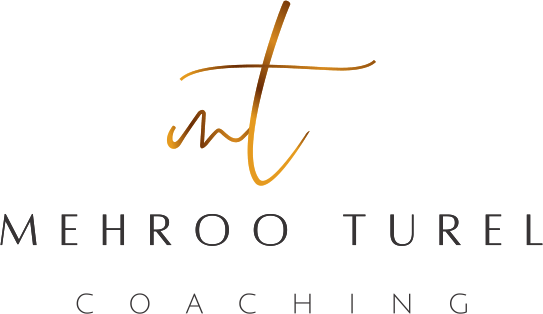The word ‘niche’ came up in my life very recently, during the covid years, as I signed up for one business program after the other, trying to make most of our ‘stay-indoors-stay-safe’ regiment. And whether it was a program for building your business or understanding social media or becoming a better coach – it all boiled down to this 5-letter word – N I C H E.
Even though I haven’t been using the ‘N’ word, in my last 8 years of being an entrepreneur, I know I have been ‘talking-to’ a specific audience ‘mompreneurs.’ Being one myself, I understand their needs, their demands and their pain points. Finding them was easy as I went about doing my own small business, and later on with events and building a community, I started listening to them, understanding them, finding a common voice. What I did not know was that in my own informal way I was building my niche!
Let’s start with ‘What is a niche?’ A Niche is a market segment that you can define using similar characteristics (preferences, needs), demographics (age, gender), identity of your customers, from the wider market at large. Basically you are narrowing down your market or customer base for your product or service.
“But why would I ever do that?” you might think. Doesn’t narrowing down mean lesser potential customers which means lesser sales? And my product would suit anyone really – from young to old, men and women, having varied needs!
“Why should I have a niche?”
The answer is simple – to build and grow your business.
The ocean is huge and so is a market. And if it is a saturated market, then you are fighting for the same fish. Either you get bloodied in the competition of fighting, get eaten up altogether or go hungry, eventually deciding that the ocean is not for you. In my years of organising markets for women entrepreneurs, I have seen many businesses come up with great fanfare and then vanish completely within two years, with not just a business lost but also self-worth and self-belief, which takes a long time to rebuild.
Let’s see how having a niche can not only help you build and grow your business but also sustain it in the long run.
- Always start with the “Why?” – Identify your purpose. Why are you doing this? What are your strengths, your knowledge, your gifts, your passion? Who are you and what do you bring to this business?
- Define your Niche – Who is your tribe? Who will most benefit from what you have to offer? Who will most appreciate getting what you have to offer? Define them in terms of their demographics – age, race, sex, nationality, religion, socio-economic status, education.
- Identifying their needs and wants. Really listen to your tribe. What challenges do they face? What are their fears? What is it that they are looking for? What is their current situation and their desired outcome?
- Think about what value you could bring to them through your product or offering to help them satisfy their desires. What is that gap in the market? Use your personal or professional knowledge, skills, experience to bridge the gap, whether it is through your service or your products.
- Focus your communication based on the needs of your niche. Talk in their own language. Focus on their outcome, not on your product. e.g. “Looking for relaxation at the end of the day?” instead of “Try these essential oil, soy wax candles.” Notice the difference?
- Create an ‘Irresistible Offer’ – This means that your offer should be so compelling and amazing that your customers would be talking about it for you! Remove the risk for them – offer a free trial or a free sample. Again you can only do this if you have a specified, defined audience who is really looking for that difference that you offer. You cannot create a generic ‘Irresistible offer.’ It just won’t work!
- Listen and get feedback – Once your product is out there in the market, you need to be able to get feedback from your customers. Is it really appealing for them? Is it helping them solve their problem enough for them to give referrals? Maybe this step will also allow you to further narrow down your niche, narrowing down further will help you focus more and offer better, customised solutions.
- Network in your niche tribe – Having a narrow niche will help you network and build more contacts in the right circles. Collaborating with like-minded businesses will help you gain more visibility.
- Create your Personal Brand – Building an authentic and unique brand is an essential part of building your small business. And knowingly or unknowingly you are building your personal brand with every contact that you meet, every customer interface that you have, every post that you put up on social media. Your brand influences every aspect of your small business so its best to ‘have a voice’ and direct that voice right from the start. Claim your free guide towards Unlocking your Powerful Personal Brand.
- Lastly, every time you come across a hurdle or you are low in confidence or are facing some kind of fear or setback, go back to Step 1 – to the ‘Why’ – Why are you doing what you do? You can either get the right answers and are able to move ahead or you start back at square one.
Business coaching helps to bring about clarity when you are feeling stuck, confused and are not sure of which direction to head towards, and helps in building confidence and working on a clear-minded business strategy for your brand to achieving the ultimate work-life balance. Book your complimentary 45-minute discovery call to get started!
Photo by Afif Ramdhasuma on Unsplash



Leave a Comment